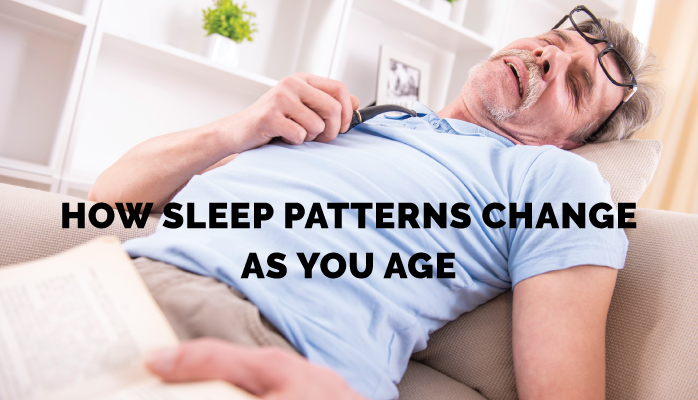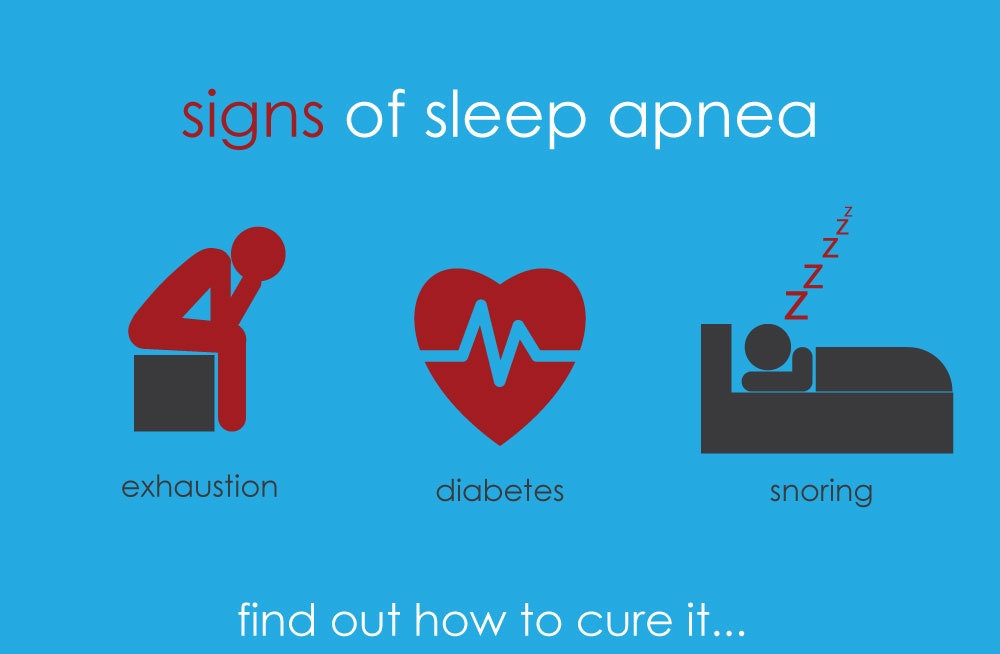What are the changes to sleep as we age?
As an adult, you should be averaging between 7-9 hours of sleep every day. These figures are extensively researched and you should be dubious when someone says that they can do fine with 5 hours of sleep.
The keyword here is 7-9 hours every day, not necessarily at night. People who sleep 4-5 hours at night will need to supplement their sleep with naps in order to get the necessary sleep. When you are younger, you likely had little trouble getting at least 7 hours of uninterrupted sleep every night. But your sleep pattern changes as you age, and after 65 years of age, the idea of getting 7 straight hours of sleep may sound impossible.
Generally speaking, as you get older, your sleep pattern changes in the following ways:
- You will likely sleep less than 7 hours at night
- Your sleep may feel less restful during the night
- You may be more inclined to nap
- The times that you go to bed and wake up will also likely change
While your pattern might change, your need for getting a certain amount of sleep won’t change. These changes happen for life reasons (stress, children, jobs), hormonal changes, and natural physiological changes that make you more susceptible to certain sleep disorders.
Obstructive Sleep Apnea (OSA)
Obstructive sleep apnea is one sleep disorder that is much more common as we get older. Obstructive sleep apnea (OSA) occurs when your upper airway becomes blocked while sleeping. This happens because:
- The breathing muscles in the back of your throat relax, causing the back of your throat to collapse fully or partially
- Once collapsed, your airway can be blocked by the back of your throat, your tonsils, or your tongue.
- Then, you will not breathe for a period of time and have to rouse yourself to wake up
- Each blockage, not breathing, arousal cycle is called an apnea, or apnea event
You will not remember your apnea events in the morning, and this can happen dozens to hundreds of times per night.
Some of the most common symptoms of obstructive sleep apnea are:
- Loud snoring
- Restless sleep
- Morning headaches
- Severe daytime sleepiness
- Chronic irritability
OSA is a serious medical condition with significant consequences that should not be ignored.
Insomnia
As we age, our sleep cycles change – especially in how we get sleep. People over the age of 60-65 are more likely to have insomnia and report trouble with sleep. These uncomfortable changes are because as we age:
- We tend to go to bed earlier
- We tend to wake up earlier
People who suffer from insomnia either:
- Have difficulty falling asleep
- Have difficulty staying asleep
- Wake up far too early and can’t go back to sleep
As you age and your sleep changes, you can exhibit such symptoms. Throw in hormonal change as well, and your history of excellent, sleep-full nights can be seriously disrupted to the point of formal insomnia diagnoses by your doctor.
Restless Leg Syndrome
Restless leg syndrome (RLS) is a nervous system disorder that causes discomfort in your legs (and other extremities) that is uncomfortable enough to interfere with sleep. When the discomfort is enough to keep you up or wake you up, it is considered a sleeping disorder. Some of the symptoms include feeling the following on your legs at night:
- Aching, throbbing, or burning
- Cramping (especially in calves)
- Jerking
- Buzzing or vibrating feelings
- Itchy feeling
- Feeling of pins and needles
- Creepy crawly feeling
- Irresistible urge to move your leg to relieve the discomfort
RLS is most common in middle-aged adults and elderly people, and is caused because of the following:
- Genes are thought to play a role (nearly half of people with RLS have a family member who also has it).
- Certain diseases include symptoms of RLS, such as anemia, Parkinson’s, and diabetes
- Some medications that are commonly used as we age can make RLS symptoms worse
- May begin at any age (even in young children), but people who are severely affected are generally middle aged or older
If RLS symptoms sounds similar to sensations you are experiencing, then please consult with your doctor or a sleep specialist.
Circadian Rhythm Disorders
Your circadian rhythm is your biological clock. It runs in the background of your brain and manages/regulates your sleep and wakefulness. It’s also known as your sleep-wake cycle.
There are many factors that can interrupt your biological clock, such as extreme lighting conditions, jet lag, shift work, and so on. Your circadian rhythm may undergo major changes as you age for no apparent reason.
In this case, you might notice that your natural cycle changes dramatically: you may go from being a night-owl to someone who can't sleep in past six in the morning. These changes are natural, and should not cause alarm. However, if they are causing difficulty going to sleep, then that's something that should be addressed.
If you have struggled to get a good night's sleep as you've aged, then please click the orange button below to take a free online sleep test and talk with one of our sleep health professionals today.



